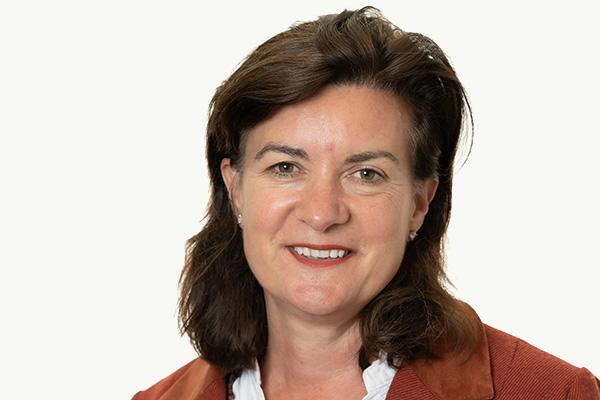Multi-million-pound funding in Wales to increase AHPs and access to community-based care

Welsh Health Minister Eluned Morgan has unveiled £5 million to increase the number of allied health professionals (AHPs) and increase access to community-based care to help people remain active and independent.
Available from April 2023, the funding will increase the number of community-based AHPs and support workers in the NHS. They will help people stay independent and well at home, helping to prevent hospital admissions, and they will also help people to be quickly discharged from hospital with the right support and rehabilitation in place to recover at home.
Eluned said: “The focus of health and social care in Wales is on strengthening community-based services. We want people to live at home, as independently as possible and for as long as possible.
“We know that many people who are older and living with frailty or many health conditions can quickly deteriorate if they are inactive in bed for too long and, if they have been in hospital, when they leave they may be less mobile and less independent than when they were admitted.
“This funding will help us to help people return home as quickly as possible, with access to the right community assessment and rehabilitation, so they can remain active for as long as possible, living with their families and doing the things they enjoy most in their daily lives.”
Occupational therapists (OTs), physiotherapists, and speech and language therapists are part of the 14 AHPs. They often work with assistive technologies to enable people to live independently in their communities.
Based in local community health teams, AHPs provide preventative and early intervention services, alternatives to hospital admission, and reduce the need for long-term social care.
Supporting people to recover at home with rehabilitation or spend less time in a hospital bed can have a considerable benefit on people’s wellbeing, improve health outcomes, and speed up recovery, the Welsh Government emphasises.
For example, if someone has had a fall at home and does not need to go to hospital, AHPs can treat them and create a programme of care and advice to reduce the likelihood of a further fall and rebuild their confidence and strength. This could also include the provision of assistive technology to support with building balance and mobility.
“Currently, not enough people can access the expertise of AHPs to maximise their health and improve their recovery,” continued Eluned. “This is why I am announcing £5m to improve access to these skilled professionals and services to provide alternatives to hospital admission and reduce reliance on long-term social care. By expanding what health services can be provided within the community it will help us to tackle some of the current pressures facing our health and care system.”
The new £5 million AHP investment follows recent investment by the Welsh Government in securing additional bed capacity to speed up hospital discharges. The 500 extra step-down beds are set to help people get the care they need closer to home.
Chief Allied Health Professions Adviser Ruth Crowder added: “Demand for AHPs’ skills has risen since the pandemic, and people are presenting to services with more complex needs. AHPs excel in delivering treatments which are particularly valuable in supporting the complex, multi-dimensional needs of people who are frail or living with long term health conditions.
“Without community AHP services, people may be admitted to hospital when they could have been treated at home, are unable to be discharged from hospital when their acute treatment is complete or end up moving to residential or nursing care earlier than might otherwise be the case, adding to other pressure on our social care services. Improving access to allied health professionals will bring a wider workforce together in a reformed primary care.”
The Royal College of Occupational Therapists (RCOT) has responded positively to £5 million community-based AHP funding.
Dai Davies, RCOT Professional Practice Lead Wales, commented: “We welcome the Welsh Government’s commitment to strengthening community-based services, and its intention to see people live at home independently for as long as possible. Boosting the staffing levels of AHPs and occupational therapists in the community will make a substantial contribution towards this goal.
“Demand for AHP services in the community is continuing to rise and this investment is a timely intervention. Occupational therapists can deliver rehabilitation services in the community and reduce the pressure on acute care.
“By continuing on this path, we hope the NHS and social care in Wales can deliver a reformed and more effective primary care workforce by ensuring access to occupational therapy and other AHPs is available for everyone who needs one.”

